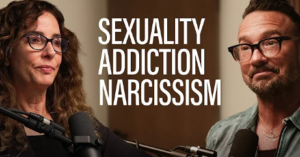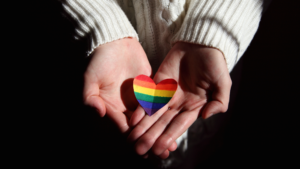At Center for Healthy Sex, we take the following positions on the following issues:
Healthy Sex
- We define “healthy sex” as consensual sex between adults that does not include guilt, shame or psychological distress.
Partner Therapy
- At Center for Healthy Sex, we employ the Trauma Model for treating partners of sex addicts.
LGBTQIA+ Community
- We are allied with the LGBTQIA+ community and support each individual’s right to their gender identity and gender expression, sexual orientation and freedom of sexual expression.
“Reparative” or “Conversion Therapy”
- Use of addiction theory, diagnosis or treatment to change or suppress same sex-attraction or orientation is unethical and potentially damaging to patients.
- “Reparative” or “conversion” therapy in California is illegal, and at Center for Healthy Sex we consider this practice, under any guise, to be a violation of civil rights, immoral and a reprehensible practice which we do not condone.
Religious Affiliation
- We honor all faiths and spiritual practices and are a non-denominational, non-religious organization. We support all religious traditions to the degree to which our clients find such affiliations to be supportive of their well-being.
Sex Therapy and Sex Addiction Treatment
- Historically, there has been a lack of professional integration between practitioners of sex therapy and sex addiction treatment. We believe (and operate Center for Healthy Sex accordingly) that this professional division is antiquated and that the concept of sex therapy will further broaden its scope to include helping persons who struggle with sexually compulsive behaviors and support for their partners. Furthermore, we believe these modalities can all coexist in a sex-positive spirit.
We believe all psycho-sexual services should help individuals express their sexual desires, preferences, and orientations with the intent of expanding their consciousness without shame or causing any form of harm of psychological distress to any persons involved.



